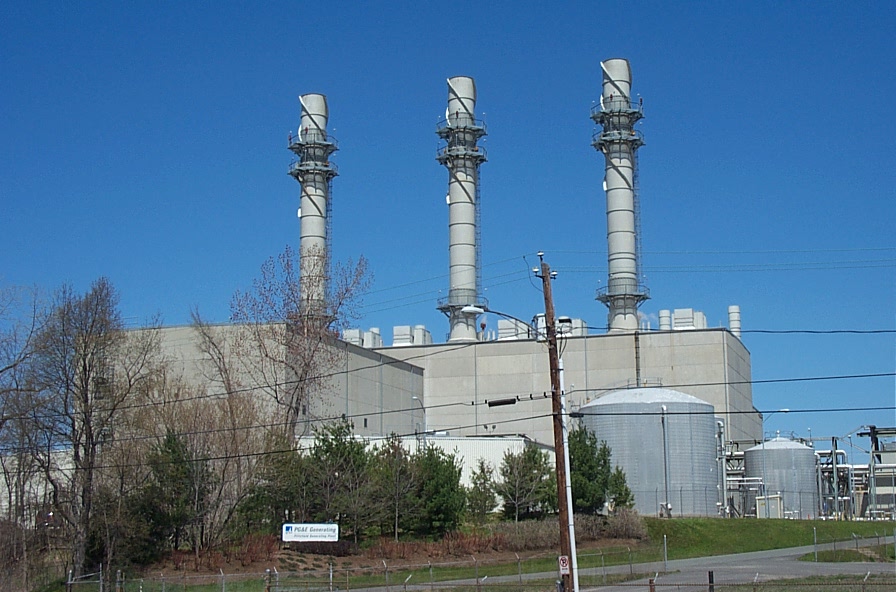
The accelerating effects of the oncoming climate disaster are creating extreme weather events that are making the essential task of rapidly decreasing fossil fuel dependence even more difficult than it would otherwise be. Keeping the lights, heat, and air conditioning reliably operating while transitioning to renewable sources of energy is a challenge, but one that must be met if we are to avoid the most catastrophic effects of climate change.
Fossil fuel-fired power plants account for almost 40% of U.S. carbon dioxide emissions, making them the largest source of greenhouse gas emissions in the nation and one of the single largest categories of greenhouse gas sources in the world.
In spite of this, Reliability Must Run (RMR) Agreements have been used to keep certain power plants operating past their planned retirement dates when grid operators and energy regulators are concerned that taking them offline will lead to a shortage of available power in times of high demand. The thinking is that in order to maintain grid reliability, these plants must continue to run, in spite of the fact that they are not necessary most of the time and typically deliver especially high levels of pollution into the atmosphere. RMR Agreements are contracts between a regional transmission organization, such ISO New England, and a power plant owner to keep the plant operating beyond its intended retirement date. These agreements include payments to the power plant to recover the cost of running an outdated power plant and provide the owners with a profit.
However, modern energy storage technologies are quite capable of providing these services, often with faster start-up and ramp times than traditional generators. Battery prices have fallen by nearly 90 percent in the past decade, making them capable of competing with fossil fuels on price alone. After switching from gas generators to a battery storage alternative several years ago, the Australian Energy Market Operator (AEMO) found that in just two years the battery system cut grid regulation costs by over 90 percent, saving consumers more than $76 million.
But it’s not just reliability that’s responsible for RMR contracts. Energy regulators in California have used the process to prop up unprofitable natural gas plants. When three needlessly expensive gas plants operating under “reliability must-run” contracts were replaced with battery storage, the process required time-consuming regulatory intervention and public commission approval, in spite of the anticipated cost savings.
The perceived tension between a clean-energy transition and a reliable electric grid is not only a political talking point. Regulators like the Federal Energy Regulatory Commission (FERC) often choose fossil fuels as a default position over concern that the shift to increased renewable energy resources has the potential to threaten grid reliability.
To further complicate matters, public and private institutions together regulate the energy sector. Public institutions, such as FERC and state utility commissions, govern electric generation choices and the siting of transmission lines. But Regional Transmission Authorities (RTOs), like ISO New England, are private, nonprofit institutions, as is NERC, the organization that oversees the reliability of the electric grid as a whole. The energy sector’s substantial reliance on private governing institutions creates an additional layer of challenges that makes instituting new technologies particularly difficult.
The project of creating a clean, reliable grid is often treated as a technical challenge, dependent predominantly on the emergence of technological breakthroughs or engineering feats. But in fact, given currently available technology, it’s more a challenge of law and governance; it’s at the level of legislation and regulation that roadblocks primarily occur. It may be easier and less complicated to designate an old, inefficient power plant as Reliability Must Run than to require that new, clean technology fill the need for a reliable grid, but it is possible, and critical, that we retire fossil fuel infrastructure as quickly as possible if we are to mitigate the oncoming global climate cataclysm.